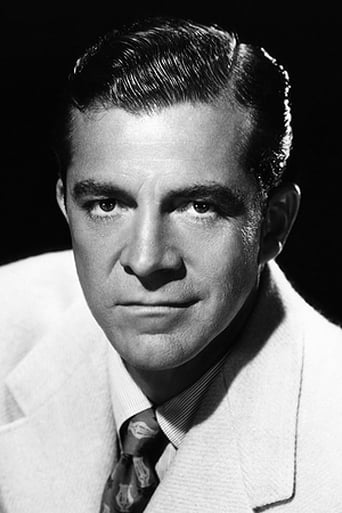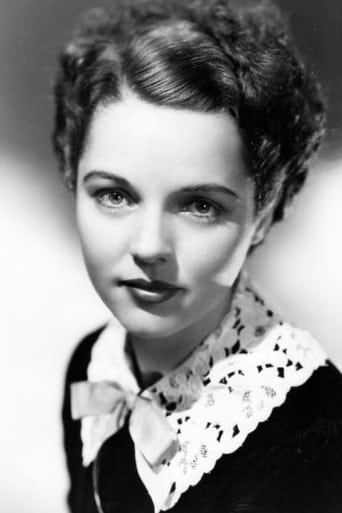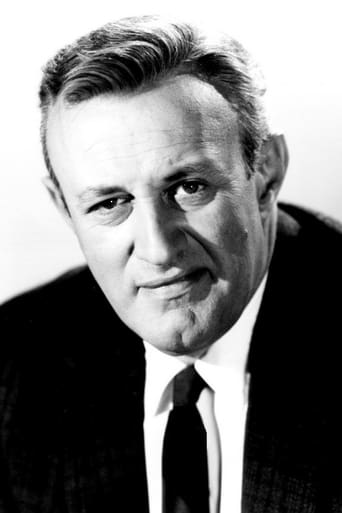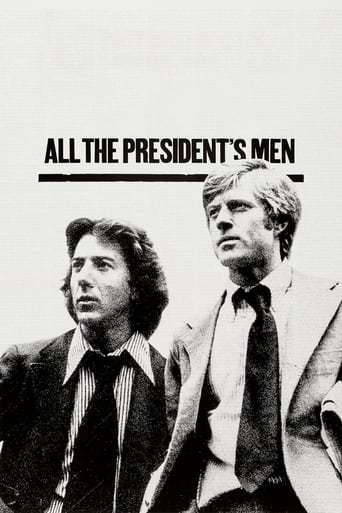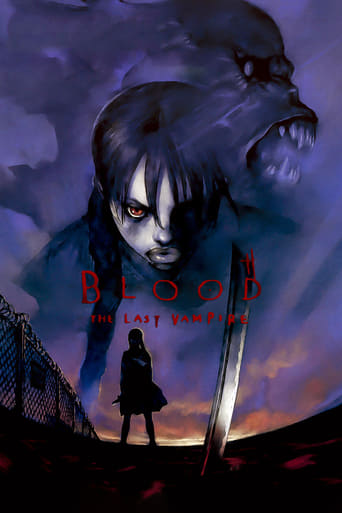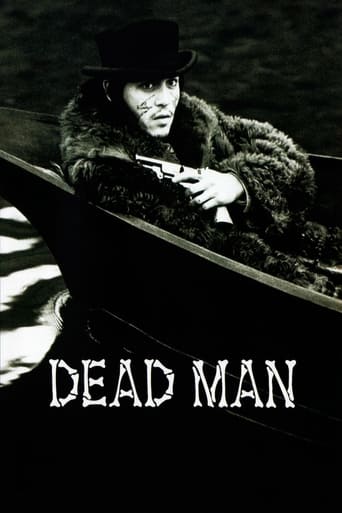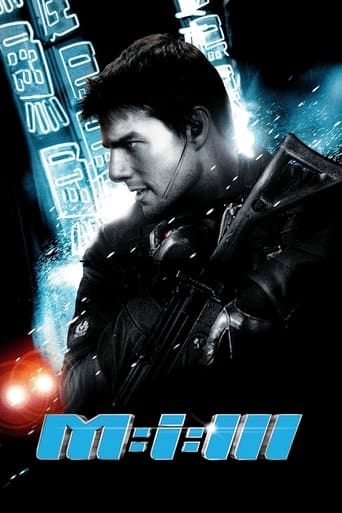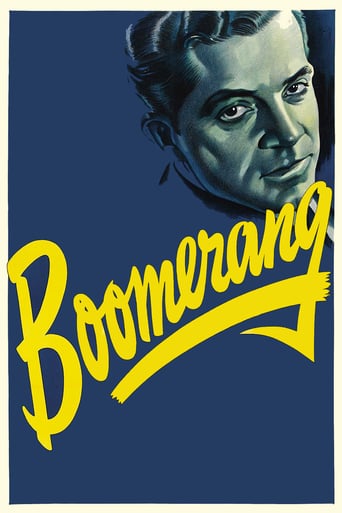
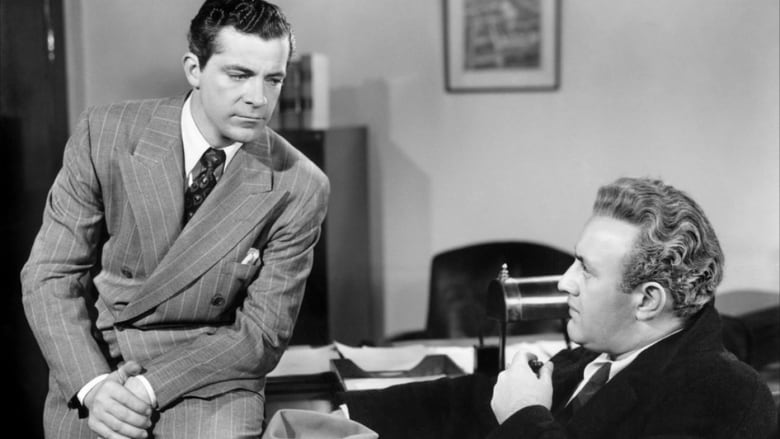
Boomerang! (1947)
In a quiet Connecticut town, a kindly priest is murdered while waiting at a street corner. The citizens are horrified and demand action from the police. All of the witnesses identify John Waldron, a nervous out-of-towner, as the killer. Although Waldron vehemently denies the crime, no one will believe him. District Attorney Henry Harvey is then put on the case and faces political opposition in his attempt to prove Waldron's innocence. Based on a true story.
Watch Trailer
Cast
Similar titles

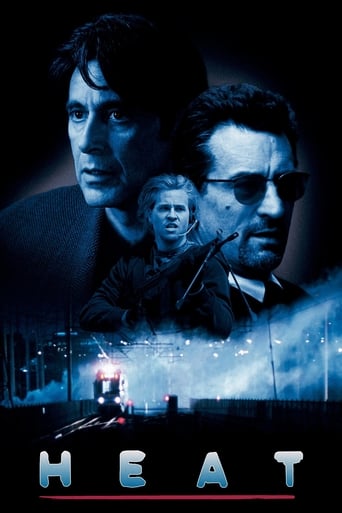
Reviews
Pretty good movie overall. First half was nothing special but it got better as it went along.
If the ambition is to provide two hours of instantly forgettable, popcorn-munching escapism, it succeeds.
A great movie, one of the best of this year. There was a bit of confusion at one point in the plot, but nothing serious.
It's the kind of movie you'll want to see a second time with someone who hasn't seen it yet, to remember what it was like to watch it for the first time.
It is often said that truth is stranger than fiction. And indeed, there are stories that would be unbelievable if presented as a work of fiction, but succeed because they are based on a true story. It would be a mistake, however, to infer from this that movies are better when they are based on something that really happened rather than based on nothing more than a writer's imagination. And this is because whereas a work of fiction can be structured so that everything is satisfactorily resolved by the end, reality is often messy and incomplete."Boomerang!" is a good example of that. It was made during a period in which filmmakers were on a realism kick, wanting to make movies based on true stories and filmed on location. It begins with a Reed Hadley, semi-documentary, Louis de Rochemont style of narration: "The basic facts of our story actually occurred in a Connecticut community much like this one."Hadley's narration accompanies us through the murder of Father Lambert and the outrage on the part of the citizens of the community. But then we have a flashback of sorts, in which we see Father Lambert dealing with two different men, as narrated by Hadley: "Since he was a man of God, his labors sometimes led him into the strange and secret places of men's souls. He was just and forgiving, but he was also a man and a stern and uncompromising judge of character." The first man, we later find out, is John Waldron, played by Arthur Kennedy. We see Lambert give him something, smile, and pat him on the shoulder. But Waldron angrily turns away, tearing up the piece of paper he was handed. From what we find out subsequently, Waldron was presumably asking for a handout, but all he was given instead was "a lecture and a pamphlet."This is followed by a conversation Lambert has with a second man, in which Lambert tells him that he is sick and needs to be institutionalized: "This time, fortunately, no great harm has been done. But the next time . No, I can't let you go any longer. It's got to be a sanitarium." Lambert even suggests that the man's mother may have to find out (Gasp!). We never learn exactly what this man has done, but everything points to his being a child molester. The remark about no great harm having been done this time suggests that he was caught fondling a little girl, and Lambert is afraid that the next time the man will go further.At first, this seems strange. We can see that Waldron's anger could be a motive for murder, but that would be quite a stretch. On the other hand, a child molester who is afraid his mother will find out and that he will be put in a sanitarium very definitely has a motive for murder. So, why would the movie tell us who Lambert's killer was right in the beginning? Sometimes murder mysteries do that, however. In the television series "Columbo," we always found out in the beginning who the murderer was, and the fun was watching the cat-and-mouse game played between him and the title detective. So, I settled in with that assumption and continued to watch the movie.The prosecuting attorney, Henry Harvey (Dana Andrews), actually presents evidence that Waldron did not commit the murder, despite all the political pressure and even blackmail brought against him. Throughout the trial, we see the child molester in the courtroom watching with apprehension on his face. Then there is a ridiculous scene in which Harvey has an assistant point Waldron's loaded revolver at his head and pull the trigger in order the prove that the firing pin was faulty and thus the gun could not have been the murder weapon, which is immediately followed by Ed Begley's character committing suicide by shooting himself right there in the courtroom. Somehow I doubt seriously that these are some of the "basic facts" of this "true story."Anyway, Waldron's innocence having been established, he is released. We see the guilty-looking child molester leaving the courtroom, while a savvy reporter, played by Sam Levene, looks at him suspiciously. Later, we find out that the child molester was killed in an automobile crash. He was fleeing from police for speeding, when he suddenly swerved, presumably intending to kill himself. While we are seeing all this, the narrator tells us that the case was never solved.Now wait just a cotton picking minute! In other words, there was no child molester. It was a total fabrication. In its confused way, the movie is admitting that no one ever found out who killed Father Lambert, while at the same time suggesting that somehow or other justice was served. The reason for this piece of baloney is easy to understand. If the movie had stuck to the facts, if all the stuff with the child molester had been edited out, then it would have ended with the unsatisfactory conclusion that while an innocent man was cleared, the guilty man, whoever he was and whatever his motive, was never caught.This movie cheats, trying to have it both ways. It presents its story as based on actual events and filmed on location to give it the aura of authenticity, and then it concocts an imaginary child molester to be the villain so he can be killed off at the end, giving the movie the kind of resolution that we typically have in a work of fiction.
As dusk settles on a small Connecticut city someone approaches a well-liked priest who is out for a walk and shoots him in the head.The act of violence occurs as the city is under the leadership of a reform city government which comes under fire from the local press for ineptitude for not arresting someone right away. When they do, of course it's the wrong guy, a World War 2 veteran of the Pacific campaign, sort of a drifter looking for a new start. Dana Andrews plays the prosecutor who resists a strong current of opinion that this guy must be convicted in order to project the right image whether or not he's actually guilty. His wife is played by Jane Wyatt in a pretty good role, but the actual stars of this well-done courtroom drama are the ones who play the eye-witnesses and Andrews himself, who is stellar, as usual. The actors and script by Richard Murphy mesh well together, each side brings out the best in the other, thanks most likely to Elia Kazan the director. For a ninety minute film it contains quite a bit of well-drawn out angles.
A Closeup on one of the witnesses coke bottle glasses. Another closeup on the feeble old obviously insane bum as one of the culprits in the ridiculously eclectic police lineup. The expressions of the shunned waitress that screams "I'm lying and just seeking revenge." Scenes where townsfolk speak to each other which sound like a much too perfectly timed rehearsal. The politicians having a meeting while an idyllic putting green of a golf course sleeps in the background. Ed Begley pulling a gun, and thus making leading man Dana Andrews's role that much less mysterious and engrossing. Sam Levene, as usual, playing the perfectly wise "progressive" working man, who knows more than anyone with a wink, almost directed right at the audience. And a narrator that pours on the grim irony behind a pseudo-documentary template. Boomerang is extremely disappointing, especially since it's a movie starring Cult Film Freak Cinema's favorite actor, Dana Andrews, and directed by one of my favorite directors, Elia Kazan, who hadn't yet met Marlon Brando i.e hit his stride, and became more subtle, and implied.Idealistic is an understatement for this contrived Film Noir that's hardly a Film Noir. And that's the word to center on... The one connected to Under... Which is, Statement. This movie is not only making one, it's screaming like a wounded and abused banshee. This is why Dana's usual director, Otto Preminger, hit it outta the ballpark with his masterpiece Anatomy of a Murder, by having all the characters ambiguous, and, unlike Boomerang, remaining realistic without having heroes and villains. Such characters should never be anywhere near a Courtroom Drama.Anyhow: Dana Andrews did a good job and stayed tried and true despite starring in a movie that not only made up its mind from the start, but takes sides, one side... One-Sided, and beyond!
The audience is in on the revelation as to who killed a beloved priest almost from the very beginning of this classic film noir. The mass media manipulates the public into slamming the local police force in this quaint Connecticut city to find a suspect, harassing the innocent of being shoved into a line-up then finally arresting a man found in Ohio with a gun who matches the suspect's description and just happened to have just been there weeks before. Local politics is examined as the pressure cooker environment of the law turns everything upside down. Prosecutor Dana Andrews stuns the public by announcing in court that he believes that the suspect (a wonderful Arthur Kennedy) is innocent, jeopardizing his own career which includes an endorsement for governor.The ruthlessness of the headline hungry press and the frustrations of the hands tied behind their back law enforcement keeps this one of the most nail-biting post war problem dramas. Personal ambitions take over idealistic men and tension increases as the case becomes a hot plate of controversy. Director Elia Kazan gives the documentary like presentation a gritty feel as the community, lovely to look at for outsiders, becomes truly ugly as its inner wheels are exposed. Andrews headlines an excellent cast with Jane Wyatt as his supportive wife, Lee J. Cobb brilliant as the tough police chief, Karl Malden as an investigator who brutally rides Kennedy during questioning, and Sam Levene as a relentless reporter. The identity of the killer is never in doubt with the audience, with the sullen face of the creepy character looking on in court with a self-satisfied but worried smirk on his face."Boomerang" will make you think of times in our recent history where the public makes up their mind about a situation without knowing all the facts or simply just to keep in line with everybody else. Public opinion, as we all know, isn't always justified. It is those who stand up to adversity because of their objections towards public opinion who make the true difference in our democracy. If only law makers and politicians could follow in the footsteps of Andrews and follow their hearts rather than the men with fat wallets, our world would be a much more honest place.
